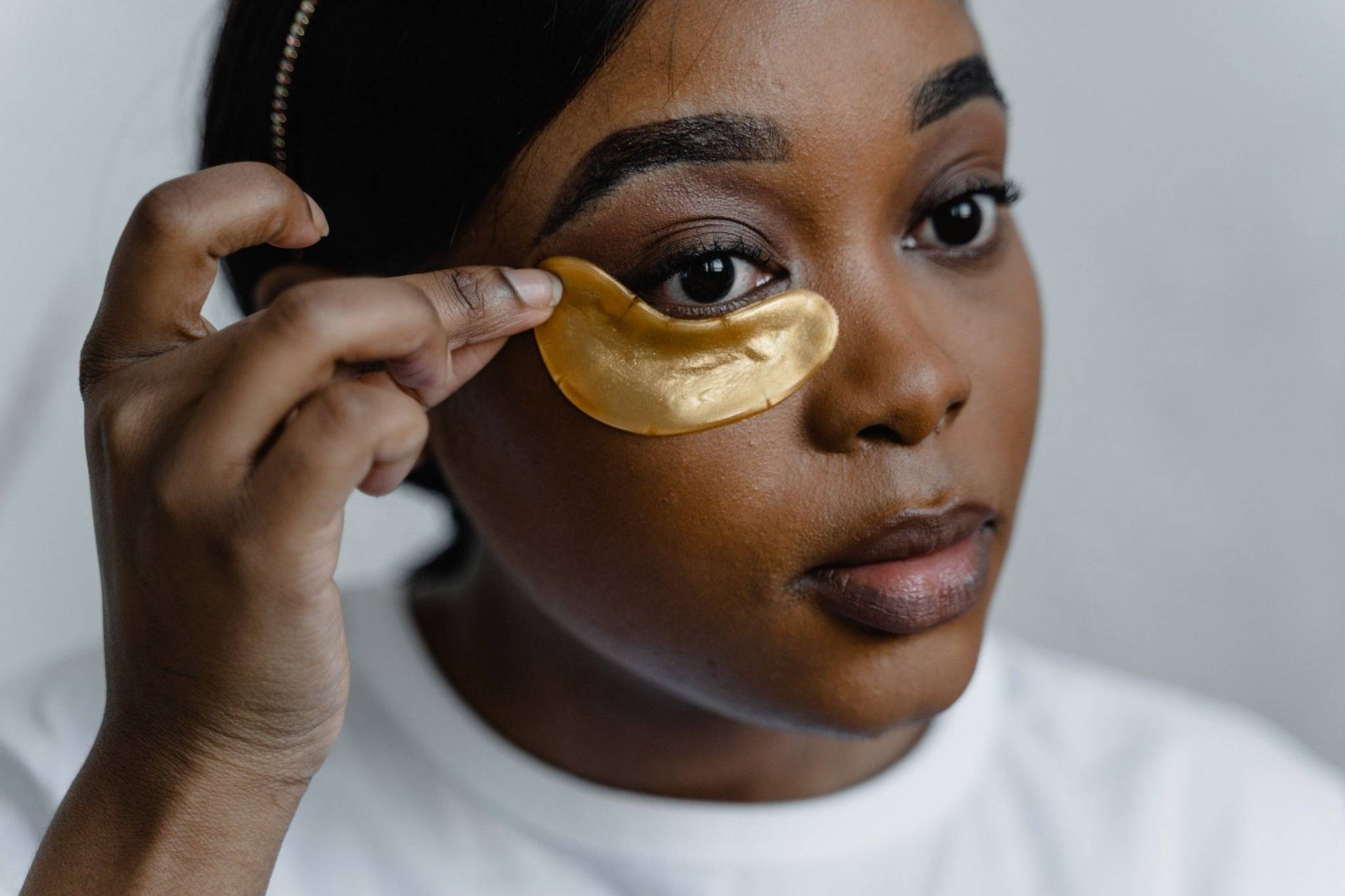
People of colour are looking for products that go beyond shade matching and offer effective ingredients that benefit their skin type. Enter ingestible beauty: a new survey has found that respondents with black and brown skin tones are more likely to have purchased supplements to enrich their skin.
Nearly six in ten of the survey’s respondents from the UK and the US find the idea of a pill or supplement for their skin appealing, with this figure rising to 68% in the UK amongst people of colour. In the US, whilst ingestibles were more appealing to people with lighter skin tones, those with brown or black skin tones were more likely to have purchased these kinds of products. And despite respondents feeling that the path to inclusivity within the beauty industry has been slower than expected, many responded positively to the concept of ingestible products for all skin types to bridge the inclusivity gap.
With new players like Fenty, Black Girl Sunscreen, and Temple diversifying beauty, people’s expectations of a more inclusive industry are beginning to be matched by what’s on offer. Indeed, 56% of Britons and 62% of people in the US believe the beauty industry is getting better at meeting the needs of all skin tones. But true inclusivity means going beyond shade range and recognising that different types of skin require different types of care – 63% of women of colour feel there aren’t enough effective skincare options for them. With people of colour prioritising healthy glowing skin (67%), brands like UOMA Beauty are answering a call to make inclusivity more than skin deep.